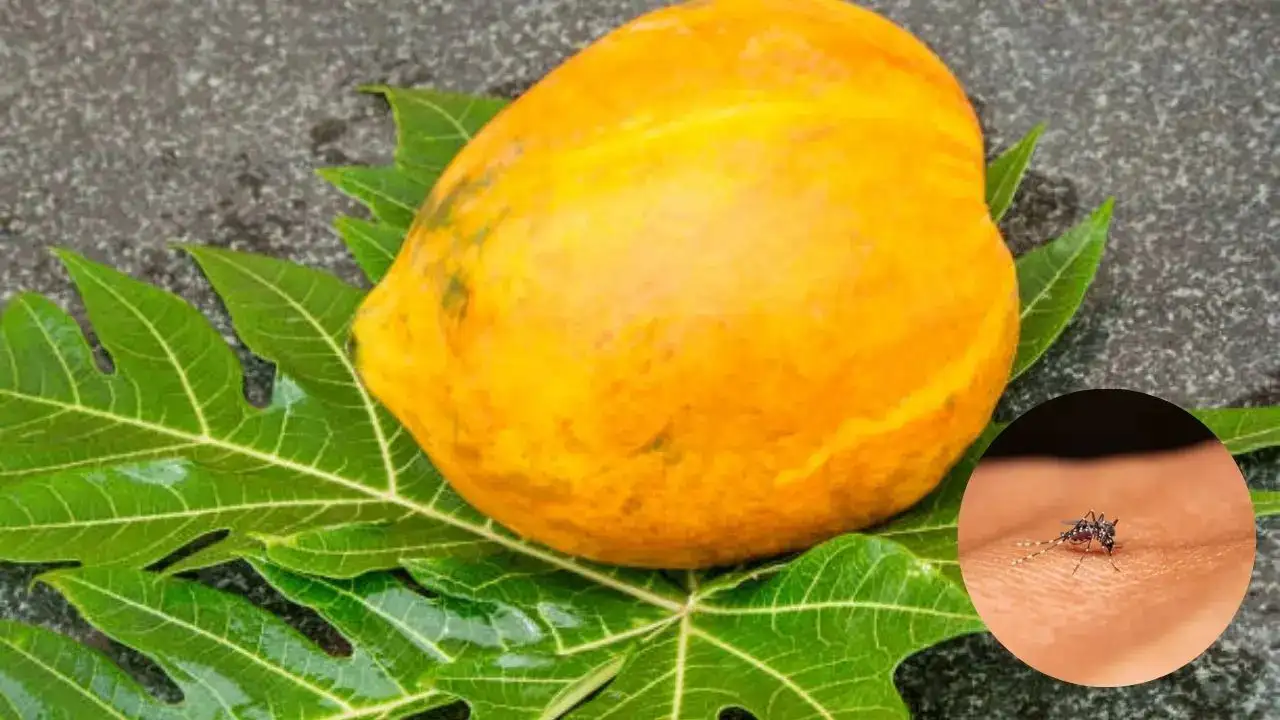
Think Papaya Leaf Cures Dengue? Here's What You Should Really Be Eating! (Image Credits: iStock)
As dengue cases rise across the country, doctors and nutritionists are urging patients and caregivers to focus not just on medication, but also on supportive nutrition to help the body recover. Dengue, caused by a mosquito-borne virus, can lead to high fever, body pain, and a dangerous drop in platelet count. While there’s no magic food to cure it, your diet can play a significant role in speeding up recovery.
“Nutrition is key during dengue recovery. Since patients often struggle with fatigue and poor appetite, the focus should be on hydration and light, nourishing meals that support the immune system,” says Pratiksha Kadam, Chief Dietitian at Kokilaben Dhirubhai Ambani Hospital, Navi Mumbai.
Hydration First
Dengue fever often leads to dehydration, especially due to high temperatures and reduced food intake. “Fluids are your best friend during recovery. Water, coconut water, lemon water, and ORS (oral rehydration solution) should be consumed regularly. Fresh fruit juices can also help, but without added sugar,” Kadam advises.
Myth vs Reality: The Papaya Leaf Debate
Papaya leaf juice has gained popularity in recent years for allegedly increasing platelet count. However, Kadam offers a word of caution.
“There is a common misconception that papaya or kiwi can cure dengue. That’s a myth. While these fruits are nutritious and hydrating, they are not medicines. They can support recovery, but they should not replace proper medical treatment.”
She adds, “Don’t fall for miracle cures. Instead, focus on a balanced diet that keeps you nourished and hydrated.”
What to Eat
For meals, easily digestible options are best. Kadam recommends:
Light home-cooked meals like khichdi, dal-rice, boiled vegetables, and soups.
Foods to Avoid
“Oily, fried, and spicy foods can irritate the stomach and slow down digestion,” warns Kadam. Caffeinated drinks and alcohol should also be avoided as they worsen dehydration.
There’s no substitute for medical care, but good nutrition can certainly support recovery. A balanced mix of fluids, light meals, and vitamin-rich fruits can help patients bounce back faster.
“Listen to your doctor, stay hydrated, and nourish your body with care,” Kadam explains.
